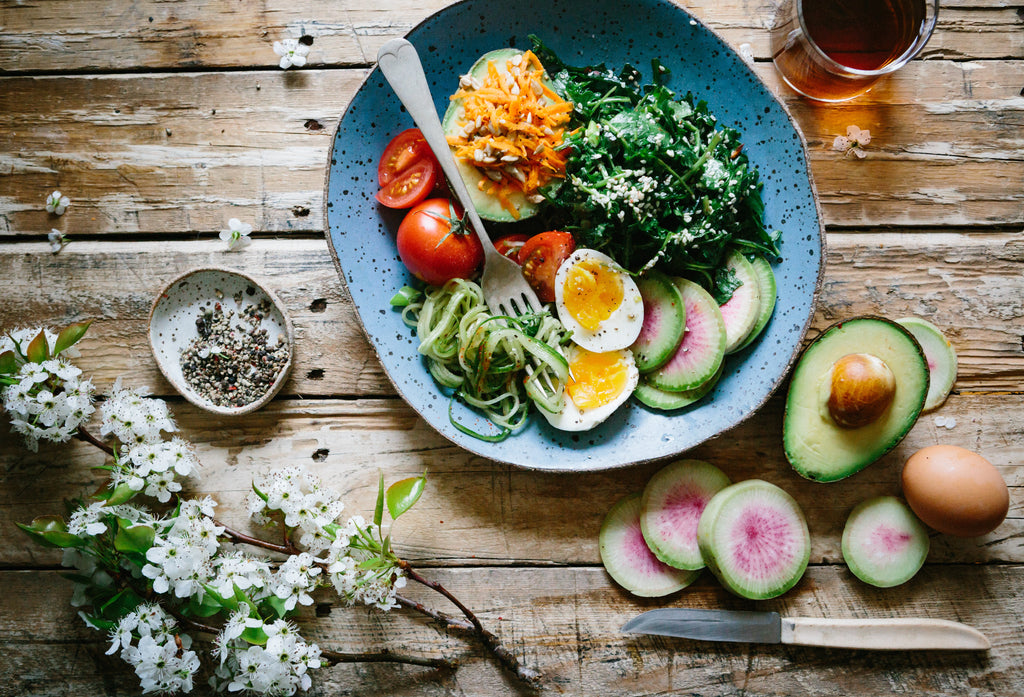20 May 2020
Egg quality, or oocyte quality as you may also see it written, plays an important part in fertility outcomes. But what does this actually mean?
Having higher quality eggs means that the eggs are more likely to be fertilised and develop into an embryo, implant in the uterus and then result in pregnancy. Before ovulation, the primary oocyte (egg) matures which involves cell division, and in doing so, sometimes there are errors in the process leading to genetic abnormalities in the egg. These abnormalities give rise to poorer egg quality. Women with poor egg quality can find it more difficult to get pregnant.
Egg quality and age
There are several things we can do to promote good egg quality, but there are some things that we cannot change. Age is one factor that is linked to poorer egg quality when we may see a lower chance of fertilisation and implantation, and a higher chance of miscarriage, but that doesn’t mean to say pregnancy can’t happen in a woman who is a little bit older, we know it can!
Although diet can't repair damaged eggs, a good diet can protect healthy eggs and promote good egg quality.
And when it comes to the key elements you need to promote and protect your eggs, we've dived into the details and come up with the answers...
Folate
You’ve probably heard talk of folic acid and folate, with regards to the role they play in fertility and pregnancy outcomes. Folic acid and folate are actually the same vitamin, Vitamin B9, but you find folate in foods whilst folic acid is the manufactured version that you find in supplements. In addition to its well-established role in neural tube defect prevention, research suggests folate plays an important role in promoting egg quality, maturation and implantation. Folic acid supplementation has been shown to improve the environment for the developing egg and is associated with improved chances of pregnancy and reduced risk of ovulatory infertility.
Unless your GP advises a higher dose, women trying to conceive should take a 400mcg folic acid supplement daily, whilst including folate-rich food in their diet.
You can find folate in fortified breakfast cereals, leafy green vegetables, broccoli, peas and chickpeas.










.jpg)
